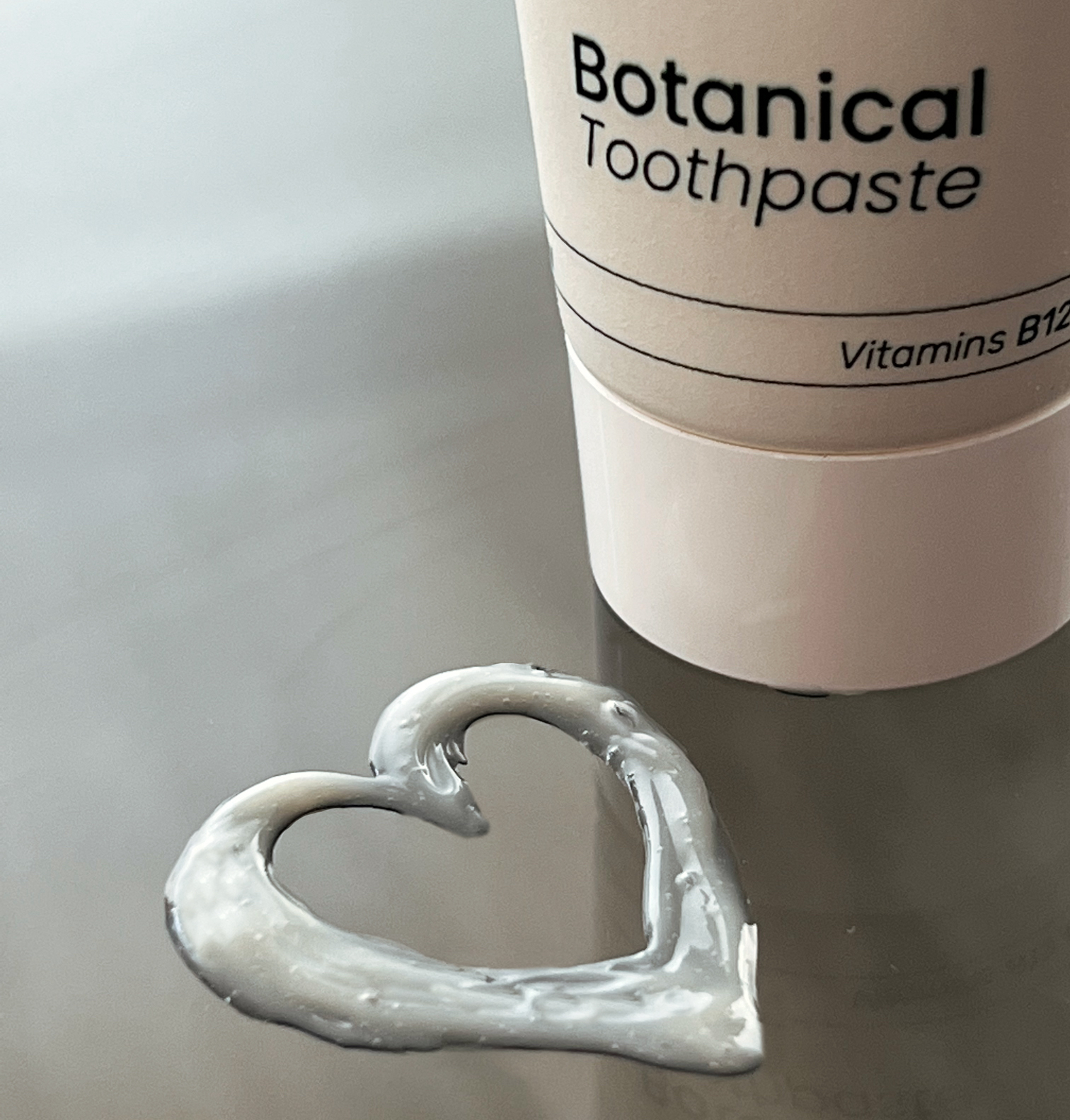Oral health is overall health

Many of you may find the title a bit exaggerating and most may not totally agree. But just imagine your life without your pearly whites. Not only will it impact your nutrition but also your self- esteem and thus your social life.
For most people, oral health comes not on top of their list They don’t realize that just a little time investment today will go a long way in the prevention of most of the oral diseases which not only lead to inconvenience but also substantial monetary loss. Read on to learn more about oral health diseases and ways to prevent them.
The underestimated consequences of poor oral hygiene
1. Tooth decay/ caries
Cavity or caries is caused by the microbial action of certain bacteria, such as Streptococcus mutans and Lactobacilli, which convert sugar from our food into acid. Not brushing our teeth after sugary meals lead to acid accumulation which in turn dissolves the calcium of the tooth over a period of time. This leads to discoloration and caries. If left untreated, caries may progress to the core of the tooth, where the nerve supply and blood supply are present, and cause excruciating pain.
A root canal treatment and capping are typically recommended in such cases.
Caries not only affects your meals since eating in pain is difficult, but will also discolour the tooth thus affecting the aesthetics.
In such cases, people avoid chewing food on the side where they experience pain. This, in turn, leads to plaque accumulation and poses a problem to the gums.
So, it’s a vicious cycle with only one solution on hand which is, maintaining oral hygiene.
2. Gum diseases
The most common problem of a geriatric or old age patient is tooth loss caused by gum disease. The main culprit for this is plaque, a thin film which forms on the surface of a tooth and harbours bacteria such as Porphyromonas gingivalis, Prevotella intermedia. These bacteria cause inflammation in the gums and the first sign of gum disease or gingivitis such as bleeding.
If ignored at this stage, the plaque mineralizes to form tartar, leading to detachment of gums from the teeth causing progression of gingivitis into periodontitis. This, in turn, causes teeth to become loose and eventually they fall off if the gum disease is allowed to progress.
Tooth loss not only compromises your nutrition but also distorts your facial profile, making you look aged. This affects your self- esteem and your social life in the long run. But before you get a panic attack, know that gum disease is not only curable but also preventable by following the basic oral hygiene regimen.
3. Systemic diseases
Did you know that poor oral hygiene in expecting mothers may lead to the premature birth of the baby and low birth weight? Consequently, the overall health of the baby is compromised and may result in chronic diseases over the long term.
Gum disease may not only lead to diabetes in people with familial disposition but also worsen blood sugar levels and control in a diabetic patient. Gum diseases also cause chronic heart diseases such as bacterial endocarditis or inflammation of heart tissues which may have severe repercussions eventually.
Step by step to long-term oral health
Now that we are all afraid of the side effects of poor oral hygiene, let’s move on to the practical part. Below you will find some tips for proper oral hygiene:
Step 1: Brushing
The most underrated and ignored of oral hygiene measures – brushing – when done properly prevent almost all dental problems. Just remember to do it right:
- As a rule, use a soft bristled brush and change it every 3 months.
- Use fluoride toothpaste that has between1000ppm and 1500ppm of fluoride content.
- Follow the ‘rule of two’ i.e. brush twice a day for two minutes at least.
- Brush your teeth in small circular motions with gentle pressure.
- Massage your gums with a little amount of the toothpaste, in a slow circular manner.
Step 2: Use of dental floss
Flossing your teeth once a day prevents plaque accumulation between teeth thus preventing decay.
Step 3: Eating habits
Reduce sugar-rich and sticky foods such as chips and candies since they increase the microbial action of bacteria leading to tooth decay. Instead, opt for foods rich in fibres that not only have least sugar but also act as abrasive thus removing plaque formed on the surface of the teeth.
Step 4: Avoid harmful habits
Sometimes, seemingly innocent habits such as holding pins between your teeth or opening chips with front teeth cause greater damage to your teeth than you realize. Chewing ice, oral piercings, smoking and opening bottles by the help of your teeth are some of the abusive habits that have disastrous consequences. So, just don’t do it.
Be diligent in maintaining your oral health and keep on smiling for decades!
